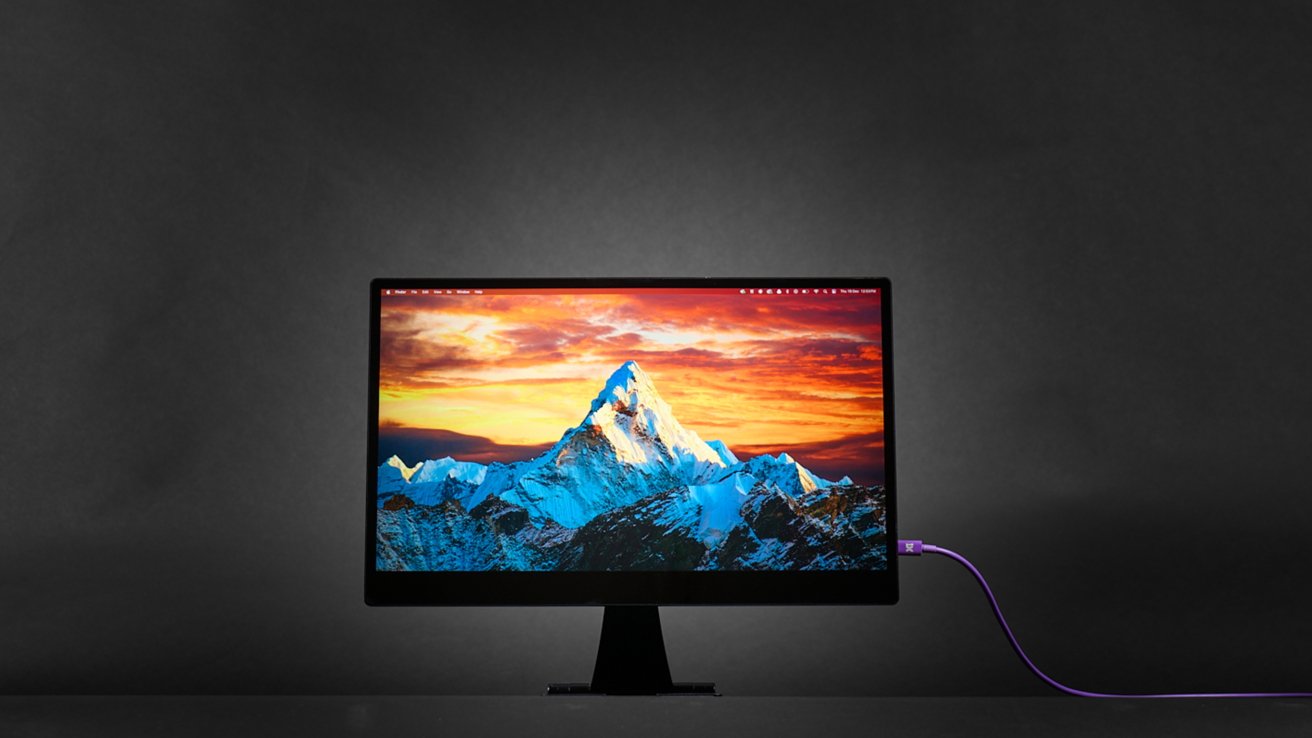It was a Christmas message that no one saw coming.
On Dec. 25, President-elect Donald J. Trump went on his social media platform, Truth Social, to wish a “Merry Christmas to all, including to the wonderful soldiers of China, who are lovingly, but illegally, operating the Panama Canal.”
Mr. Trump’s claim is false. The Panama Canal is operated by an agency of the Panamanian government, not by Chinese soldiers. In a news conference, President José Raúl Mulino of Panama disputed Mr. Trump’s statements, saying that there were “no Chinese in the canal” beyond those in transiting ships or at the visitor center.
“There is absolutely no Chinese interference or participation in anything that has to do with the Panama Canal,” Mr. Mulino said.
While Mr. Trump’s claim was inaccurate, the growing influence of Chinese companies and the Chinese government over shipping and global ports, including the Panama Canal, has become a concern for U.S. officials.
The Chinese government has invested heavily in building ports throughout the world. And given that China is the world’s biggest exporter, private Chinese companies now play a major role in shipping and port operations, giving them significant influence over the movement of global goods and strategic positions from which to monitor other countries’ activities.
Brian Hughes, a spokesman for the Trump-Vance transition team, said in a statement that “Chinese control of the Panama Canal absolutely poses a national security threat to the U.S.”
He pointed to congressional testimony last year by Gen. Laura J. Richardson, the head of U.S. Southern Command, that Chinese infrastructure investments serve as “points of future multi-domain access” for the Chinese military.
The Panama Canal was built by the United States at the beginning of the 20th century, but handed back to the Panamanian government in 1999, under the terms of an agreement struck by President Jimmy Carter. That decision has long been a source of consternation for some Republicans including his successor, President Ronald Reagan.
Much of the concern of U.S. officials in more recent times centers on two seaports at either end of the Panama Canal, a channel through which 40 percent of U.S. container traffic runs. Those seaports have been operated for decades by Hutchison Ports PPC, a division of CK Hutchison Holdings, a Hong Kong-based company.
CK Hutchison is a publicly listed conglomerate whose largest owner is a family of Hong Kong billionaires, not the Chinese government. But Beijing has extended its national security laws to Hong Kong, and the Chinese government has recently shown willingness to weaponize supply chains (something that Beijing also accuses the United States of doing).
That has U.S. officials on both sides of the aisle increasingly worried that the Chinese government could exert influence over private companies to shut down commercial and military shipments in a time of war.
In a congressional hearing in May, Representative Raja Krishnamoorthi of Illinois, the Democratic ranking member of the House Select Committee on China, questioned an expert who was testifying before Congress about whether the Chinese government could exert control over Panamanian ports to delay U.S. shipments, for example, in the event of a conflict over Taiwan.
“I share your concern,” Daniel Runde, a senior vice president at the Center for Strategic and International Studies, a Washington think tank, told him. Mr. Runde said that the government of Panama controlled the entire canal, but that in an ideal world, Hong Kong-controlled companies would not be managing the ports next to them.
A recent report by Strategy Risks, an analytics firm, said that no direct links specific to Panama had been found between CK Hutchison and the Chinese Communist Party, but that the company’s involvement in managing the Panama Canal ports raised security concerns due to its parent company’s ties to China. As a Hong Kong company, CK Hutchison is subject to Chinese jurisdiction — including laws that can require companies to assist in intelligence gathering or military operations — and it has cooperated with various Chinese state-linked entities on business projects, the report said.
Corporate records retrieved through Wirescreen, a data platform, show that, through a network of subsidiaries, CK Hutchison co-owns a real estate joint venture with Aviation Industry Corporation of China, one of China’s largest defense companies.
CK Hutchison and Hutchison Ports did not respond to requests for comment.
The presence of Chinese companies near the port in Panama is hardly unique. CK Hutchison is one of the world’s largest port companies, operating 53 ports in 24 countries, including the Netherlands, the United Kingdom, Hong Kong and Australia.
Michael R. Wessel, who was a member of the U.S.-China Economic and Security Review Commission, a government agency that examined the port security issue, said that influence over ports was important for a variety of reasons, including political and economic influence, and the potential for surveillance.
Ninety percent of U.S. military cargo travels by commercial ships, he said, giving port operators insight when the government steps up operations in certain places. Port ownership can also provide clues into how the U.S. government screens cargo for security risks, which could make it easier to evade these efforts, Mr. Wessel said.
“Being a port or terminal operator gives you the ability to access or have knowledge of what the U.S. government is looking for, which containers might be targeted for extra evaluation,” he said.
In February, the Biden administration announced an effort to strengthen cybersecurity at U.S. ports and fund domestic manufacturing of cargo-moving port cranes, which are increasingly being produced by Chinese companies. And in July, lawmakers introduced legislation to require the Defense Department to monitor China’s influence over ports.
In an advisory last year, the U.S. government cautioned port operators that foreign-made port equipment and software could create vulnerabilities in transportation networks. The advisory highlighted the risks of Chinese security equipment used for explosion detection and facial recognition, and ship-to-shore cranes that can be controlled remotely.
Panama’s increasing openness to China in recent years has helped to fuel concerns in the United States about Beijing’s influence. In 2017, Panama cut its diplomatic ties with Taiwan and recognized Beijing as the government of China. The next year, Panama became the first Latin American country to sign on to China’s global infrastructure program, the Belt and Road Initiative.
But since then, there has been growing apprehension in Panama about accelerating flows of trade and investment from China, said Jason Marczak, a Latin America expert at the Atlantic Council, a Washington think tank.
Panama has partnered with the United States to expand its chips industry. And since Mr. Mulino’s government came into office last year, Panama has been unequivocal in its desire to deepen ties with the United States and to more broadly align with U.S. foreign policy objectives, Mr. Marczak said.
“An over-dependence on China is something that the Panamanians want to avoid,” he said.
Liu Pengyu, the spokesman for the Chinese Embassy in Washington, said that China had long supported Panama’s sovereignty over the canal and recognizes it as a permanently neutral international waterway.
A longstanding symbol of U.S. imperialism, the canal is still central to the U.S. economy.
Mr. Trump has repeated other falsehoods about the canal, and threatened to retake it unless the United States is treated more “fairly.” He said that 38,000 Americans died building it; historians say it was hundreds of U.S. residents, and that the thousands of people who died were from Central America, the Caribbean or Colombia.
Even if the United States were to regain control of the canal — a difficult prospect because the treaties handing it over were ratified by the U.S. Senate — it would not change the fact that a Chinese-owned company controls the ports at either end.
Mr. Trump also called the fees Panama charges to transit the canal “exorbitant.” In fact, those fees are lower than for similar shipping chokepoints, though they have increased because drought has lowered the water level in the canal and the number of ships that can pass through.
Judah Levine, the head of research at Freightos, a logistics company, said that Panama charges container ships about $100,000 to $300,000 per transit — just a fraction of what the Suez Canal charges, even before the recent shipping disruptions in the Red Sea.
“For container vessels, when those costs are spread across the thousands of containers being carried on each ship, the cost to importers/exporters is not terribly significant,” he said in a statement.
A Trump spokeswoman said this week that because the United States is the biggest user of the canal, the increase in fees hits its ships the most.
Lisa Friedman, Guillermo Hernandez Martinez and Carlos Prieto contributed reporting.








